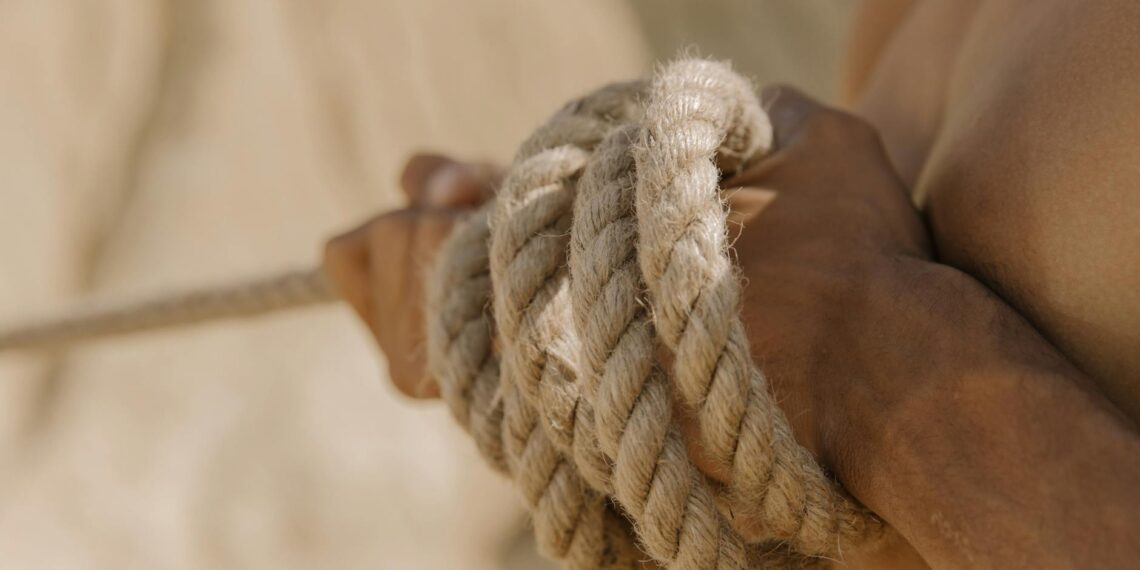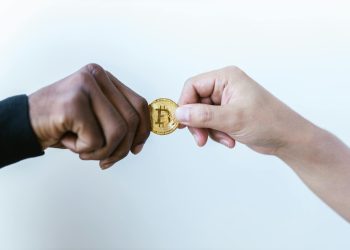In the Air Force, challenge coins are a symbol of unit identity and esprit de corps, with a strong tradition of “coining”. Here are the rules commonly associated with Air Force challenge coin tradition:
- Initiating a challenge: A challenge can be initiated at any time and any place. This is done by drawing out your coin, holding it in the air, or placing it firmly on a hard surface (like a table or floor). Accidentally dropping your coin and it making an audible sound also counts as initiating a challenge.
- Responding to a challenge: Those being challenged must immediately produce their own coin.
- The penalty:
– If a person is challenged and cannot produce their coin, they must buy a round of drinks (or a meal) for the challenger and the group being challenged.
– If everyone challenged is able to respond correctly by producing their coin, the person who initiated the challenge is responsible for buying a round of drinks (or a meal) for all those who responded.
- Consequences of failure to respond: Failure to buy a round is considered a serious act and, in some cases, can require returning the coin to the issuing agency.
- Time and reach: When a coin check is called, you’re usually given a limited amount of time (e.g., 15 seconds) and a limited reach (e.g., one step and an arm’s length) to find your coin.
- Always carry your coin: You never know when a coin check might happen, so it’s important to always have your coin on you.
- Respectful presentation: When gifting a coin, it’s customary to present it palm-to-palm during a handshake, symbolizing honor, recognition, and mutual respect.
- Care for the coin: Coins should be treated with care and respect. Avoid drilling holes in them, using them as jewelry, or allowing them to become dirty. If you want to wear it, use a pouch or case designed for coins.
- No exceptions: The rules apply to all Airmen (officer, enlisted, civilian), regardless of whether they are in or out of uniform.
- Not just for formal occasions: Coin checks can happen anywhere and anytime.
- A coin is a coin: Belt buckles, key chains, or necklaces that resemble a coin are not considered valid for a challenge. However, a coin worn in a holder around the neck is generally accepted.
- Responsibility for your coin: You are ultimately responsible for your own coin. If someone else is looking at or accidentally drops your coin on a hard surface, you are responsible for the consequences of the challenge, but they can’t borrow your coin to force a challenge.
- Don’t hand it over: During a challenge, you should never hand your coin to another person, as that person can then keep it.
- Don’t deface your coin: Losing or intentionally defacing your coin is considered a serious breach of tradition.
The Air Force challenge coin tradition fosters unit identity and camaraderie, recognizing outstanding performance and promoting morale. It is a meaningful way to honor service, sacrifice, and contributions to the unit and the Air Force.
It’s important to remember that these are widely accepted traditions, but specific unit or organizational variations may exist.











What are the rules of a military challenge coin?
The challenge is initiated by drawing your coin, holding it in the air by whatever means possible and state, shout or otherwise verbally acknowledge that you are initiating a coin check. …
The response consists of all those present responding in a like manner within 15 seconds.
What is the Air Force challenge coin tradition?
From my experience, A challenge coin bears an organization’s insignia and is presented by commanders to a member of the unit to recognize special achievement. The Air Force challenge coin tradition is long-standing and is known throughout all specialties, and to all ranks.
What does it mean if someone gives you their challenge coin?
Great question! A challenge coin is often given to commemorate exceptional actions and recognize someone who has gone above and beyond expectations. While it’s not typically considered a traditional “award” in the sense of a trophy or medal, it holds deep significance, especially in the military.
Can a civilian carry a challenge coin?
While they originated in the military, anyone can own or receive a challenge coin. Many organizations use them to recognize outstanding achievements, celebrate milestones, or foster a sense of unity. For example, the Boy Scouts of America award Eagle Scouts with challenge coins to honor their dedication and success.